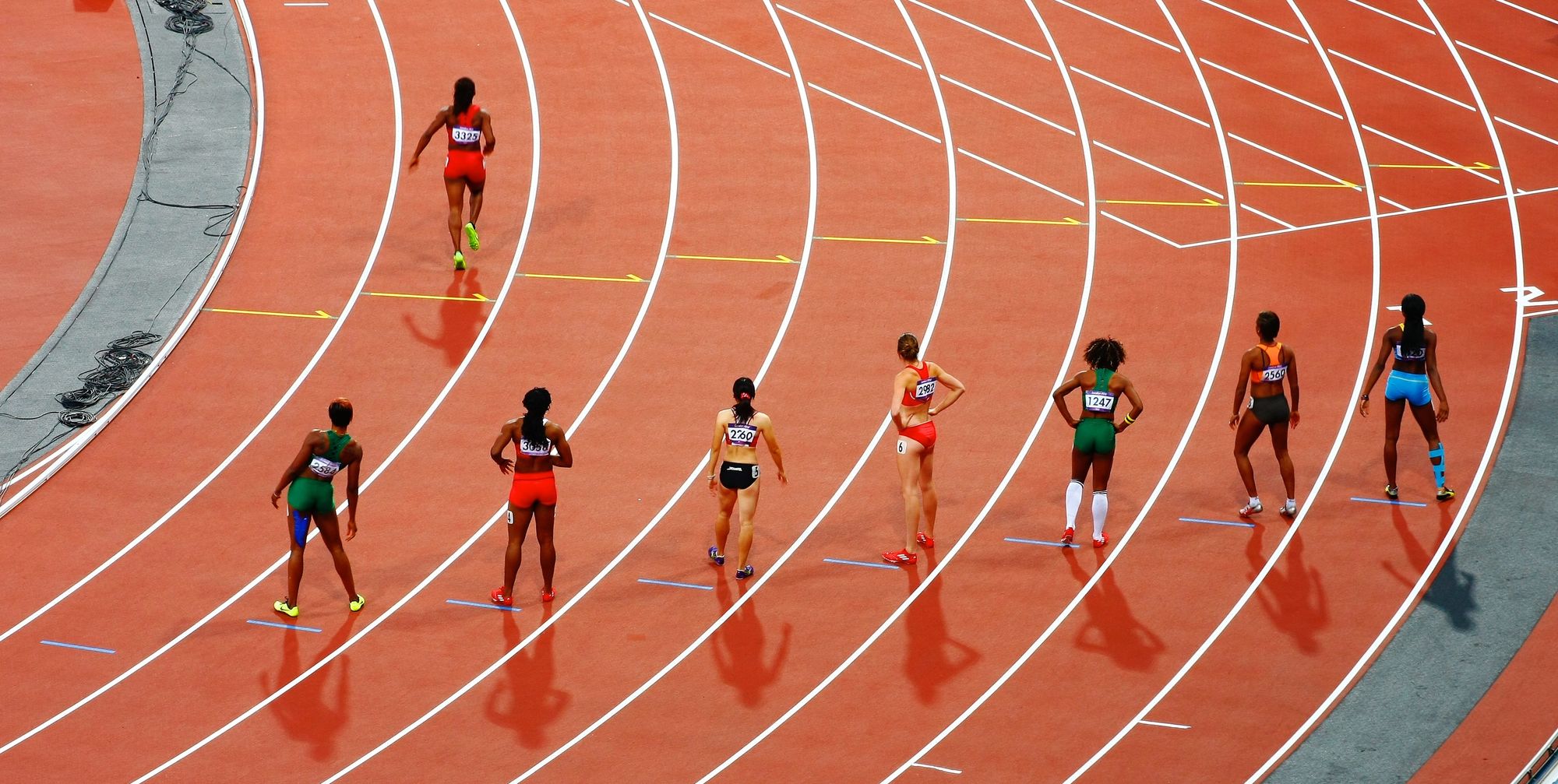Weekly Combine Newsletter: Worry over UK Minister Wimbledon/Medvedev comments

A UK Minister who said Russian tennis players- including world-number-1 Daniil Medvedev- may be kept out of Wimbledon if they do not provide anti-Putin "assurances", has drawn a response from scholars, policy experts and ex-players alike suggesting that is a step too far in punishing athletes who have family members in Russia that could be put at risk by such statements.
Earlier this week, British Sports Minister Nigel Huddleston told a UK Parliament Select Committee- in a question specifically aimed at Medvedev's Wimbledon participation- he may seek assurances he and other Russian players do not support the Ukraine invasion.
"Absolutely nobody flying the flag for Russia should be allowed or enabled," said Huddleston.
"We need some potential assurance that they are not supporters of Putin and we are considering what requirements we may need to try and get some assurances along those lines."
The Minister said discussions were in place with Wimbledon organisers about potential measures, and he also cited possible visa implications for those athletes entering Britain.
The men's and women's tennis federations had previously announced that individual athletes can compete under the neutral banner whilst Russian teams have been withdrawn from competitions, and the nation's membership suspended. That means Medvedev and other top female and male players will be able to compete individually at tournaments, including the upcoming French Open and Wimbledon.
As expected, the ITF, ATP and WTA decision has attracted criticism for not going far enough and pressure to take further action. Ukrainian WTA player Marat Kostyuk said she disagrees with the comparatively moderate stance not to ban Russian athletes, citing the hurt their presence causes and her view Russian players have not spoken out enough against the war.
However, the suggested Wimbledon approach by Minister Huddleston would not be to ban Russian players outright but rather somehow force them to pledge "assurances" that they in no way support the Russian Government before being permitted to compete.
That suggestion is causing concern among commentators considering Russia's draconian laws on public speech and the real possibility of repercussions against players' family members, like Medvedev's, who still remain in Russia.
Whilst there is a view among some experts that sporting sanctions, especially against Russian teams, have merit, they do not apply so freely to the very individual sport of tennis.
“I don’t think you should ask them to be more vocal about it because they have family to consider, and now, you know, they can get 15 years in prison for talking about the war,” Martina Navratilova told the New York Times in an interview.
No formal announcements have been made by the French or UK authorities in relation to any further restrictions on Russian athletes. The joint ITF, ATP and WTA statement of 1 March 2022 still stands and is unlikely to be changed unless those organisations are forced to do so.
"I feel very strongly that these individual athletes should not be the ones that are being penalised by the decisions of an authoritarian leadership that is obviously doing terrible, reprehensible things," WTA Chairman and CEO Steve Simon told the BBC earlier this week.
As Medvedev said himself referencing the issue after a recent match at the Indian Wells tournament
"Let's see how the situation evolves."
Sports Law Combine now provides our weekly combine newsletter by email to all members. To unlock access to all our articles, click here for details about our individual or business subscriptions.
If you missed our latest articles, here are Sports Law Combine's published articles from the past seven days.





© Copyright 2022 Sports Law Combine

